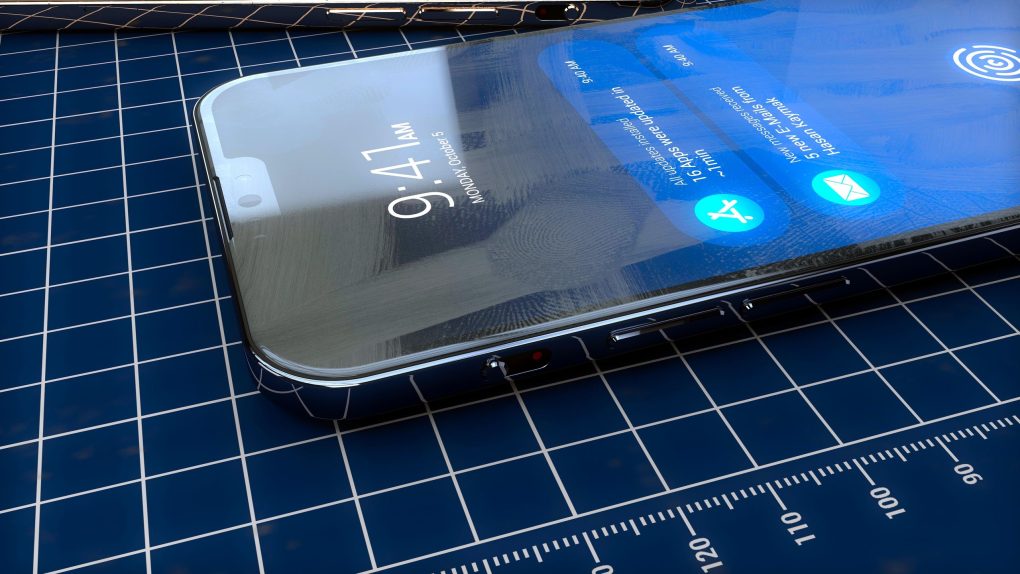Year after year, for nearly 12 years now, Apple has released new iPhone models jam-packed with features and hardware that routinely set new standards for performance across any number of categories. Citing just one example, Apple’s introduction of the 64-bit A7 a few years back was so out of the blue that it stunned Qualcomm and left the company scrambling to catch up.
“The 64-bit Apple chip hit us in the gut,” a Qualcomm employee said at the time. “Not just us, but everyone, really. We were slack-jawed, and stunned, and unprepared. It’s not that big a performance difference right now, since most current software won’t benefit. But in Spinal Tap terms it’s like, 32 more, and now everyone wants it.”
So, why is this important? Well, the iPhone 11 is right around the corner, and it seems that people are sleeping on it. In a way, it seems that we’ve grown so accustomed to brand new and compelling iPhone models hitting store shelves every year that we’ve become a bit numb to it all. What’s more, with some Android manufacturers admittedly picking up the pace and introducing some enticing new features, some of the shine on Apple has dulled a bit.
Objectively, though, Apple’s iPhone lineup delivers each and every year. More importantly, if there are ever any areas where Android devices put the iPhone to shame, it doesn’t take long for Apple to catch up. Coupled with some of the rumors we’ve been seeing about the forthcoming iPhone 11 release, there’s good reason to believe that Apple’s next-gen iPhone lineup will make people forget about some of the more recent and compelling offerings we’ve seen from the likes of Google and Huawei.
So, what do we know about the iPhone 11? Well, for starters, it’s a safe bet that Apple’s upcoming A13 chip is going to be an absolute screamer. Apple’s hardware team has been killing it for years on end, and the company’s processors routinely trounce anything we see on the Android side. Shortly after the iPhone XS release, for example, testing found that Apple’s A12 Bionic chip was a good two to three times faster than Qualcomm’s Snapdragon 845. If history is any indication, Apple’s forthcoming A13 chip will deliver absolutely jaw-dropping performance.
Raw performance aside, we can also expect to see some substantial improvements to overall camera performance. Specifically, Apple’s flagship iPhone 11 Max will reportedly incorporate a triple-lens camera scheme that will provide users with much improved zoom, the ability to take ultra wide-angle shots, and much more. We’ve also seen rumors that two of the cameras on the back will be 10-megapixel and 14-megapixel sensors. There have also been rumblings that Apple’s iPhone 11 Max will introduce some compelling new augmented reality features.
Of course, not everyone is going to splurge for the iPhone 11 Max. Not to worry though, as rumor has it that the entry-level iPhone 11 will boast a dual-camera scheme similar to what’s featured on the iPhone XS. With that said, Apple’s upcoming iPhone lineup will likely represent one of the biggest steps forwards in mobile iPhone photography in quite some time.
To be fair, Google’s Pixel devices and the recently unveiled Huawei P30 Pro are absolutely stunning devices when it comes to low-light photography. That can’t be denied. All the same, don’t be surprised if we see Apple vastly improve in this arena with its iPhone 11 release. For whatever advantage Android devices have for now, it may not last long.
As for other iPhone 11 rumors, users can expect to see faster and more reliable Face ID performance, bilateral charging (the ability to charge a device like the Apple Watch with an iPhone), and larger batteries.
Taken together, the iPhone 11 is shaping up to be a monster of device: Improved cameras, next-level hardware performance and much more. Further, the impending release of iOS 13 will assuredly introduce some new and forward-thinking features Apple opted not to include in iOS 12. While it remains to be seen if the iPhone 11 release results in a return to iPhone sales growth, there’s no denying that the iPhone 11 itself is going to be a huge leap forward for all iPhone users.
Admittedly, the iPhone 11 won’t support 5G but that is arguably a non-factor given that it’s going to take some time before broad 5G coverage becomes a reality. We’re still a good few months removed from Apple’s official iPhone 11 event, and if the past few years have been any indication, we’ll undoubtedly see a barrage of iPhone 11 rumors in the build-up to the Apple’s special iPhone event in September.








